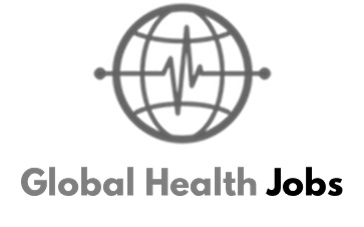Is there a limit on the number of non-EEA nationals entering the UK to work?
Yes, there is currently a limit on the number of migrants allowed to enter the UK to work. Applications are assessed using a points system that is intended to only allow entry to those whose skills will benefit the UK. The number of points required, and the way the points are awarded, depend on the category under which individuals apply, but will reflect their qualifications, experience, age, previous earnings and language competence.
Under the points-based system, UKVI will decide who is admitted to, or allowed to stay in, the UK. Information about the points system is available on the UKVI website and may be subject to change. You are advised to check the website to establish which route of entry you are eligible to apply for.
The UKVI points calculator was put out of service on 10 April 2016, please visit the .gov.uk visas and immigration page for more information on the points based system and eligibility.
If you decide to look for a job in the NHS, you should try to find out a few things before making your applications:
- What training there will be (some employers offer training programmes and apprenticeships)
- What opportunities are there for progression
- Whether you can gain qualifications through the workplace, or through part-time study or distance learning
The best place to find jobs in the NHS is the NHS Jobs website. There are on average around 25,000 vacancies advertised every month, and you’ll regularly find thousands advertised every day.









